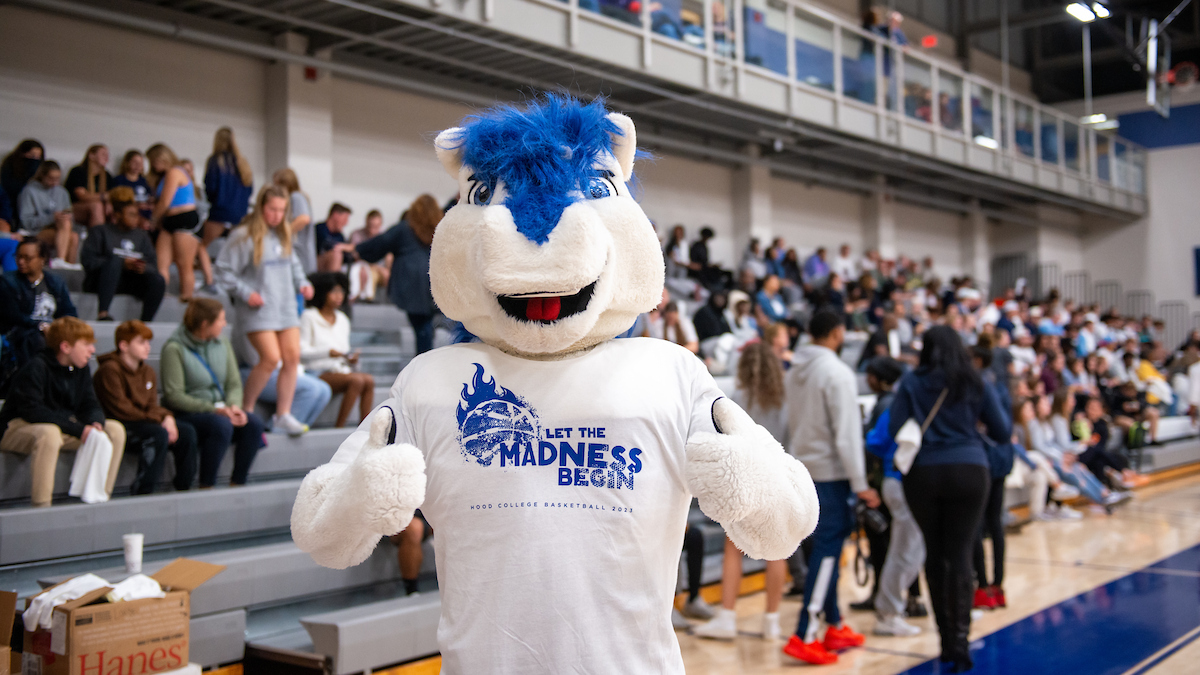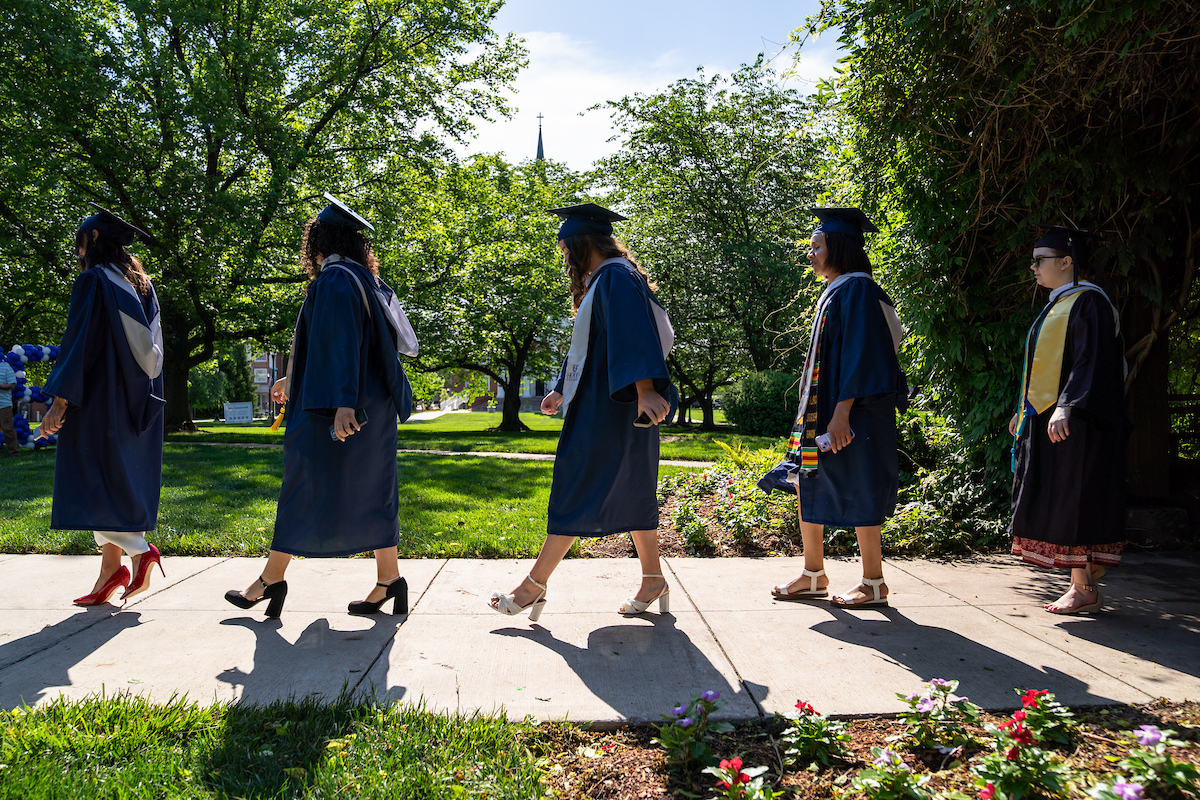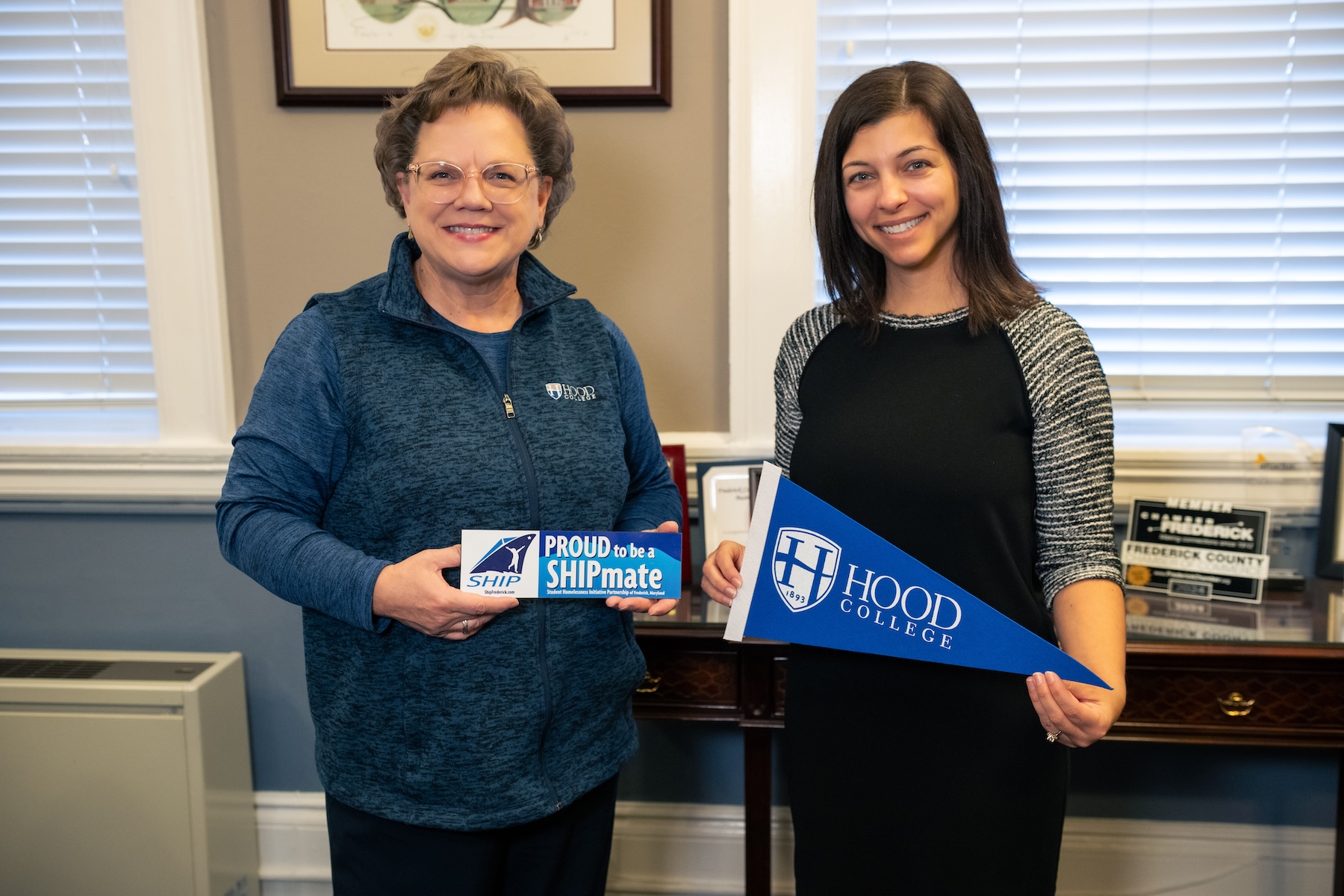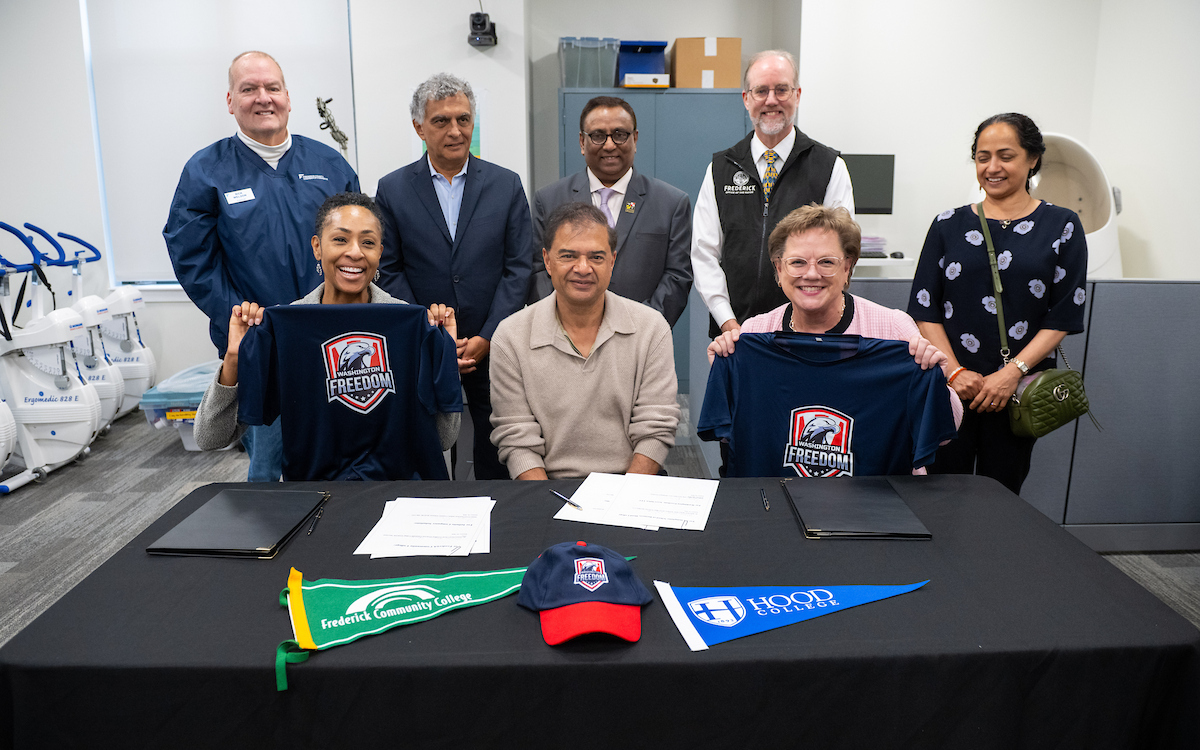Cancer Biology Conference to Show the Power of Imaging Science in Cancer Research
Leading scientists will share how imaging science benefits their work at the Hood College and Leidos Biomedical Research, Inc. June 21-23
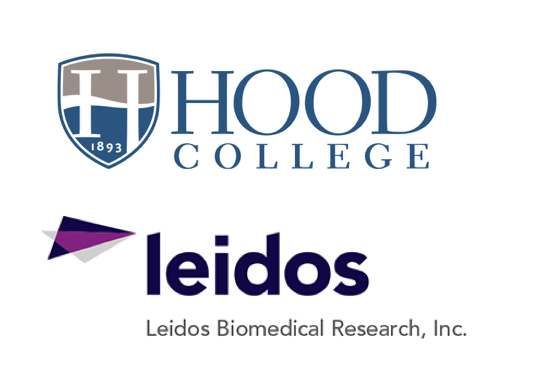
FREDERICK, Maryland—Some of the world’s top experts in imaging and cancer biology will present the latest research in this growing field at the Hood College and Leidos Biomedical Research, Inc. Imaging Science and Cancer Biology Symposium, June 21-23. Cancer researchers are invited to attend the conference, to be held on the Hood campus in Frederick, Maryland.
New imaging technologies have the potential to transform cancer research and treatment by driving new understanding in cancer biology over a broad range of scales from the atomistic to the human body. The interdisciplinary symposium will showcase how leading cancer researchers leverage advanced imaging tools.
“The distinguished group of scientists leading the symposium convenes at a pivotal time. Advances in imaging technologies are revolutionizing cancer biology, providing a deeper understanding of molecular and cellular structure,” said Ethan Dmitrovsky, M.D., president of Leidos Biomedical Research, Inc., which is home to state-of-the-art imaging technologies, including the National Cryo-Electron Microscopy Facility.
“This is an opportunity to get a glimpse of what the future holds for the application of exciting new imaging technologies to provide fundamental insights into cancer biology,” said Sriram Subramaniam, Ph.D., a symposium presenter and founding director of the National Cryo-Electron Microscopy Facility.
The scientific symposium is the first in the planned Hood College-Leidos Biomedical Research,Inc. Life Sciences Symposium series. The event is in the tradition of the popular Oncogene Meeting, a national fixture in Frederick for more than 20 years.
“We are excited about reviving this symposium with Leidos Biomedical Research, who has been a tremendous partner for Hood. LBR has provided research and internship opportunities for our students, and many of our graduate school adjunct instructors work there,” said Andrea E. Chapdelaine, Ph.D., president of Hood College.
Symposium presentations will explore advances in understanding the mechanisms altering cancer cell signaling—as recently enabled by imaging technologies. High-resolution imaging techniques, such as Fluorine-19 nuclear magnetic resonance spectroscopy and the cryo-electron microscopy, have also yielded new insights in structural biology. Presenters will discuss the use of these techniques and describe the research they have enabled across an array of structural biology topics, ranging from the epigenome to the immune system. The final day of the symposium will introduce attendees to novel and cutting-edge imaging methods only recently leveraged for cancer research. Attendees will have the opportunity to confer with presenters individually throughout the weekend.
The symposium will begin Friday, June 21 with a reception at 5:30 p.m. followed by a public lecture from keynote Otis Brawley, M.D., who served as chief medical and scientific officer of the American Cancer Society from 2007 to 2018. He will discuss the democratization of cancer medicine and describe how new insights in cancer researcher can benefit all Americans.
The presenters and their session topics are as follows:
- Frank McCormick, Ph.D., University of California, San Francisco, Visualizing Signal Transduction
- Diane Lidke, Ph.D., University of New Mexico, Single Molecule Imaging Provides New Insights into Oncogenic EGFR Signaling
- Joe Gray, Ph.D., Oregon Health and Science University, A Multiscale Assessment of Spatially Defined Inter- and Intra-Cellular Interactions in Breast Cancer
- Helen Piwnica-Worms, Ph.D., University of Texas, MD Anderson, Imaging the Compositional, Spatial and Signaling Heterogeneity of Breast Cancer
- Hao Wu, Ph.D., Harvard University, Imaging for Immunity
- Angela Gronenborn, Ph.D., University of Pittsburgh, The Awesome Power of 19F NMR
- Cheryl Arrowsmith, Ph.D., University of Toronto, Structural and Chemical Biology to Illuminate the Cancer Epigenome
- Sriram Subramaniam, Ph.D., University of British Columbia, Cryo-EM and Integrative Structural Biology
- Wei Min, Ph.D., Columbia University, High-Resolution Imaging of Metabolic Activity and Heterogeneity in Animals
- David Piwnica-Worms, M.D., Ph.D., University of Texas, MD Anderson, Combined Single Cell Intravital Bioluminescence and Confocal Imaging in Live Animals Identifies HOCl as a Paracrine Effector Linking Myeloid Cells to NF-κB Signaling in Melanoma Cells
- Peter N. Devreotes, Ph.D., Johns Hopkins University, Excitable Networks in Directed Cell Migration
- Tom Misteli, Ph.D., National Cancer Institute, Imaging the Genome
To learn more and to register for the event, please visit the symposium website.
Media Contact
Mason Cavalier
Media Manager
- Graduate
- Undergraduate
- Community Partnerships
- Health Sciences
- Research
- Speaker
- Events

